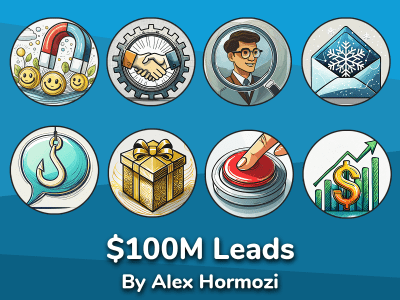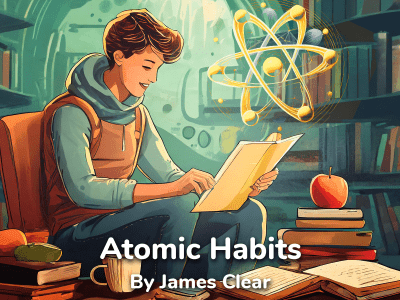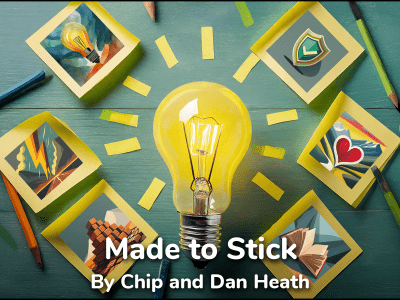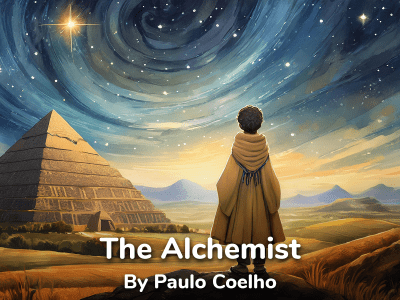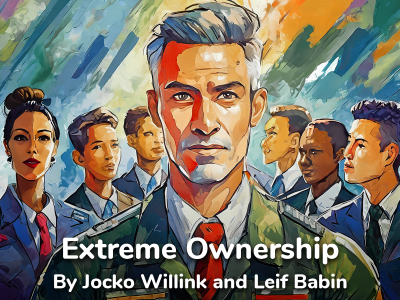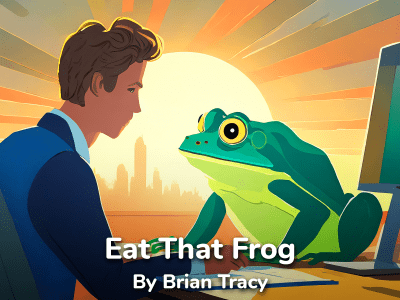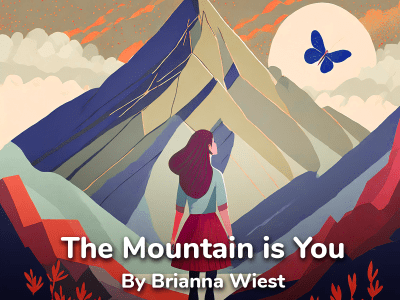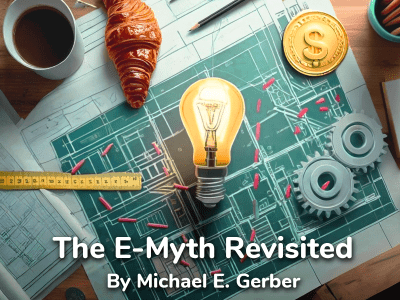Summaries
We make it fun and easy for you to read more and learn faster! Explore all our detailed book summaries below, on topics like entrepreneurship, sales & marketing, self-discipline and more! If you're not sure where to begin, 👉 start here with our "best books" reading lists.
$100M Leads by Alex Hormozi
2023 Published
Atomic Habits by James Clear
2018 Published
Made to Stick by Chip Heath
2007 Published
The Alchemist by Paulo Coelho
1988 Published
Extreme Ownership by Jocko Willink
2015 Published
The Lean Startup by Eric Ries
2011 Published
Eat That Frog by Brian Tracy
2001 Published
The Mountain is You by Brianna Wiest
2020 Published
The E-Myth Revisited by Michael E. Gerber
1995 Published

